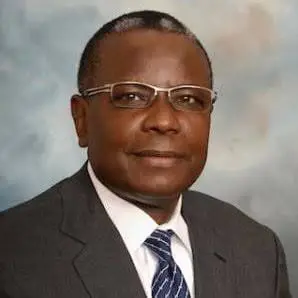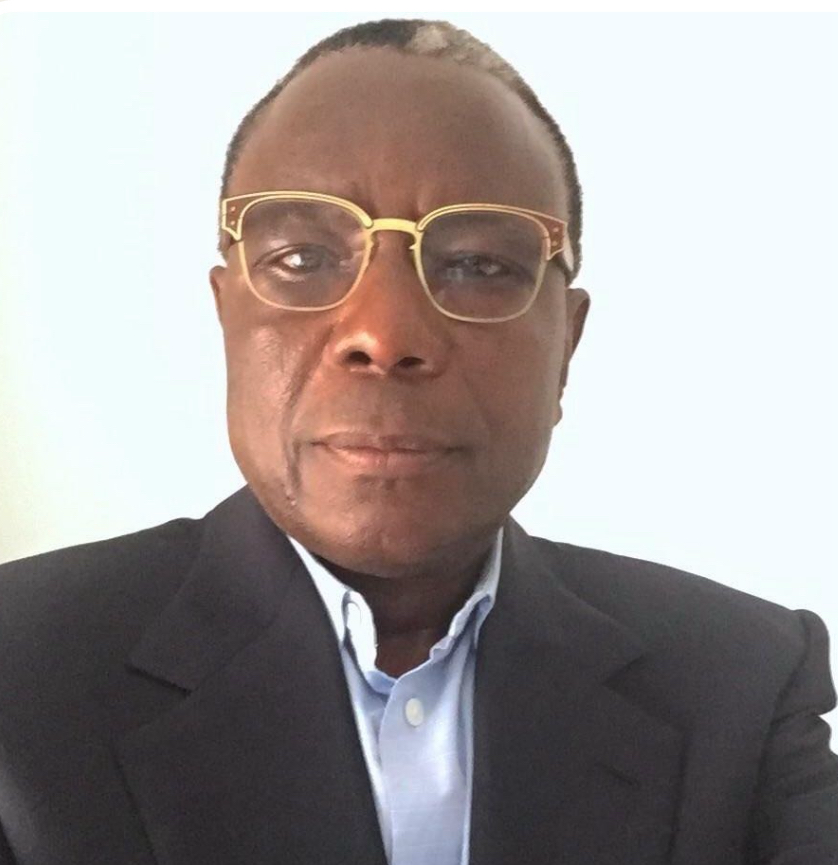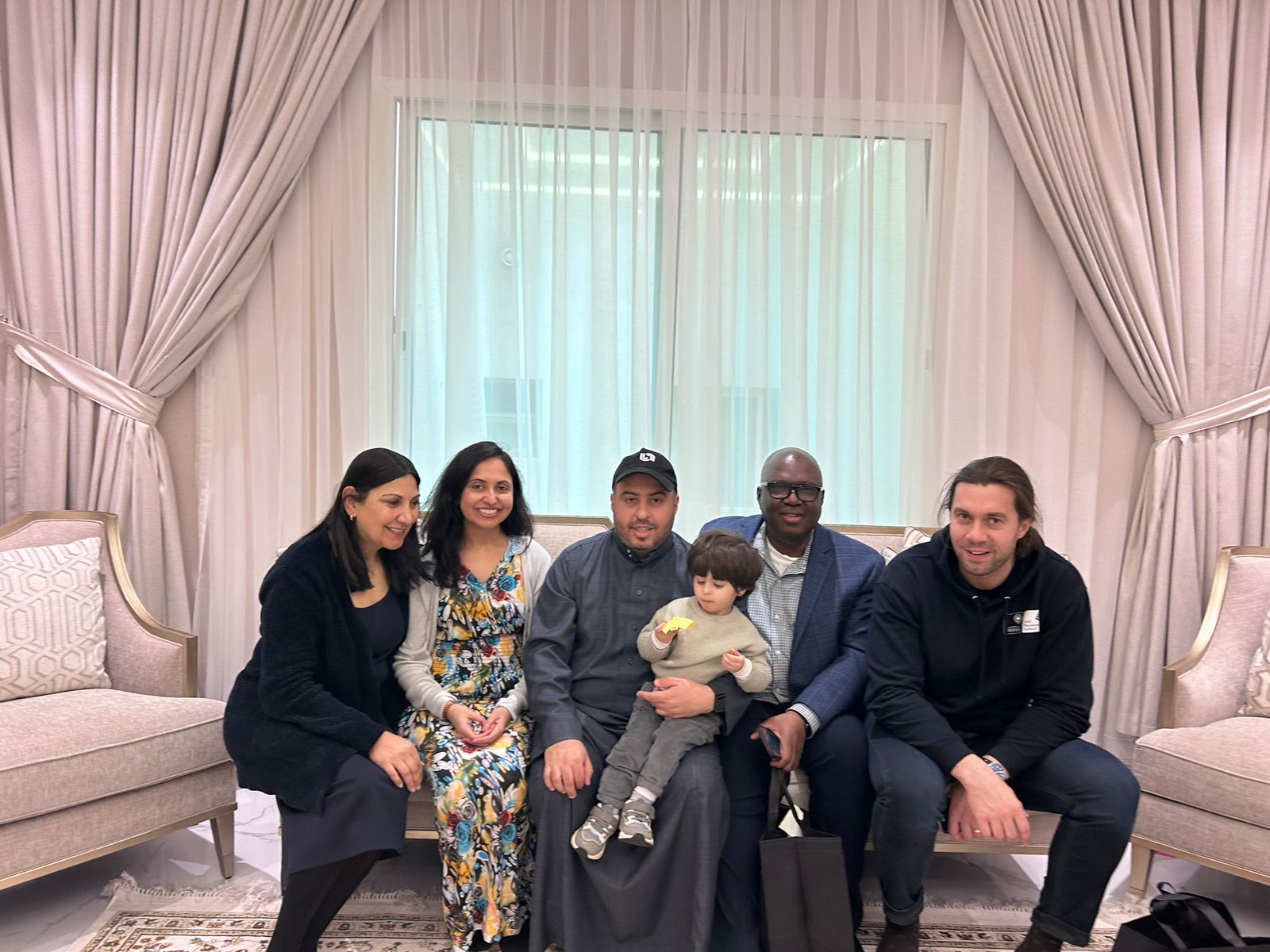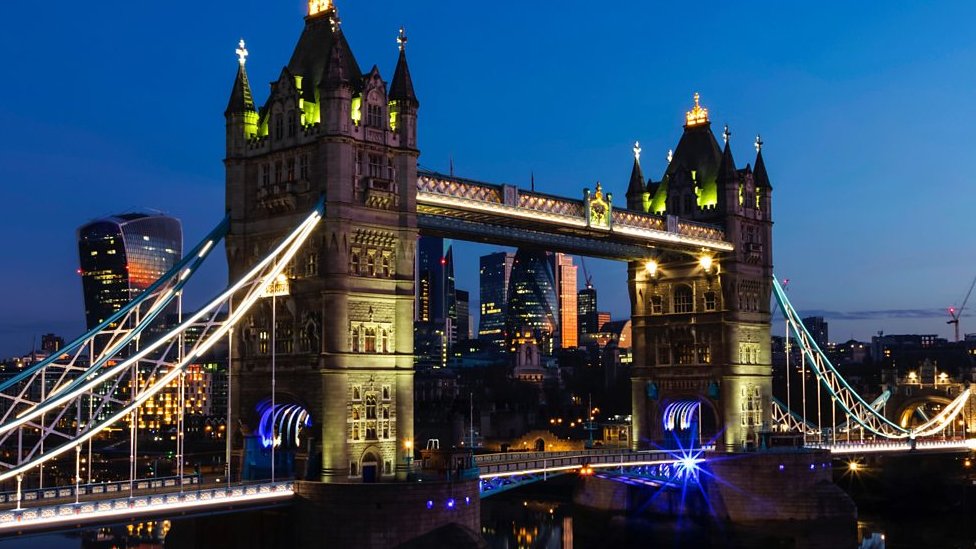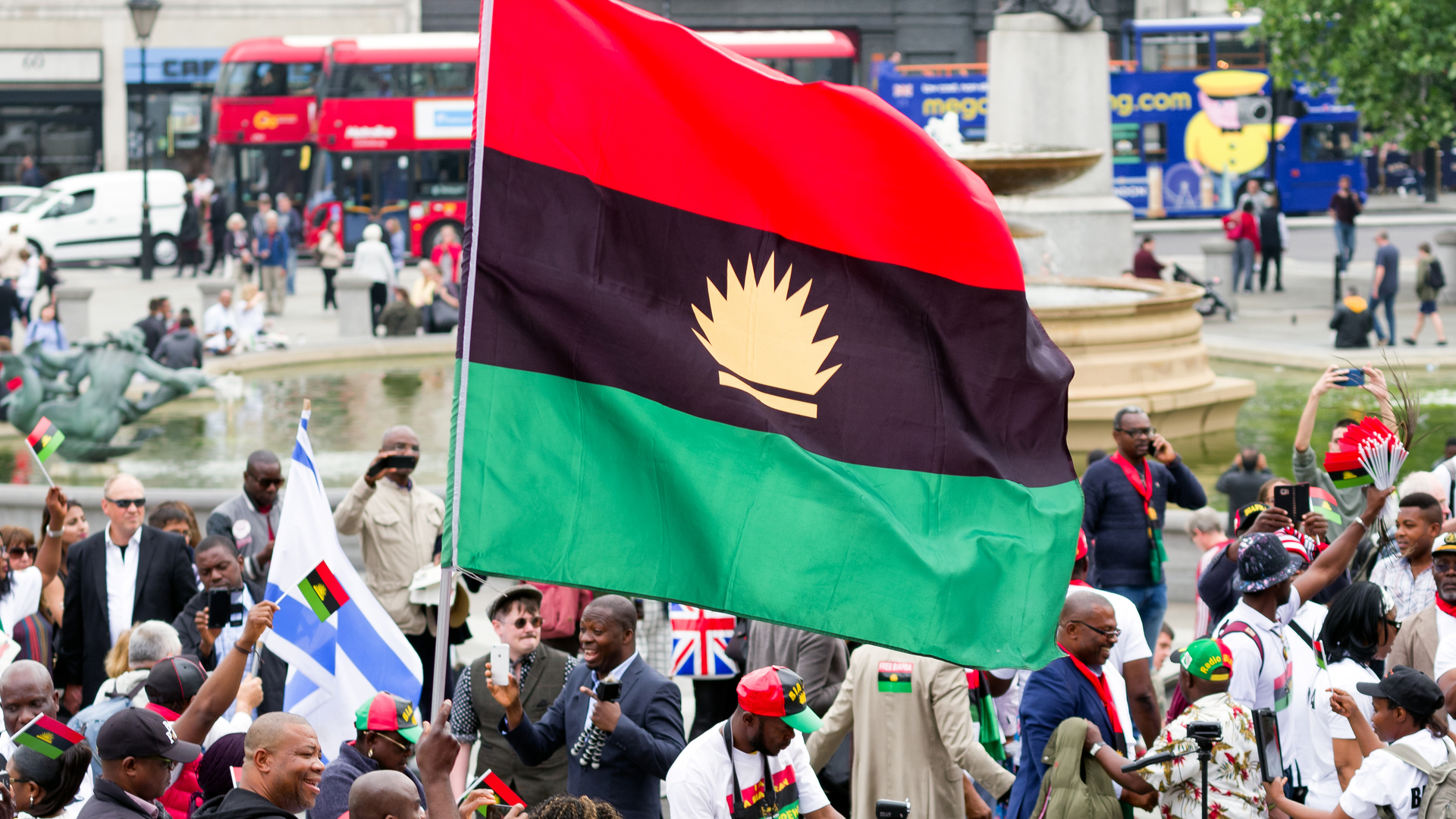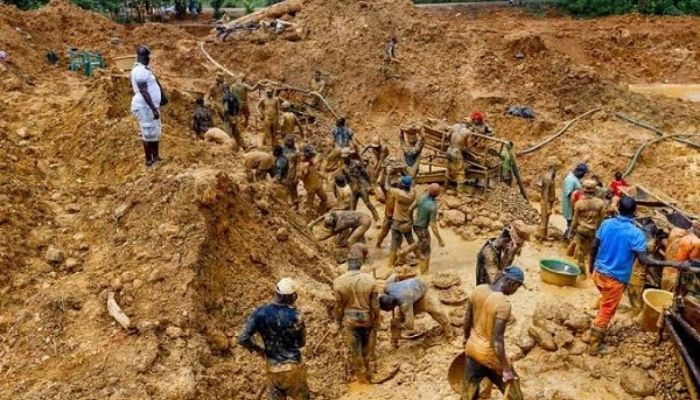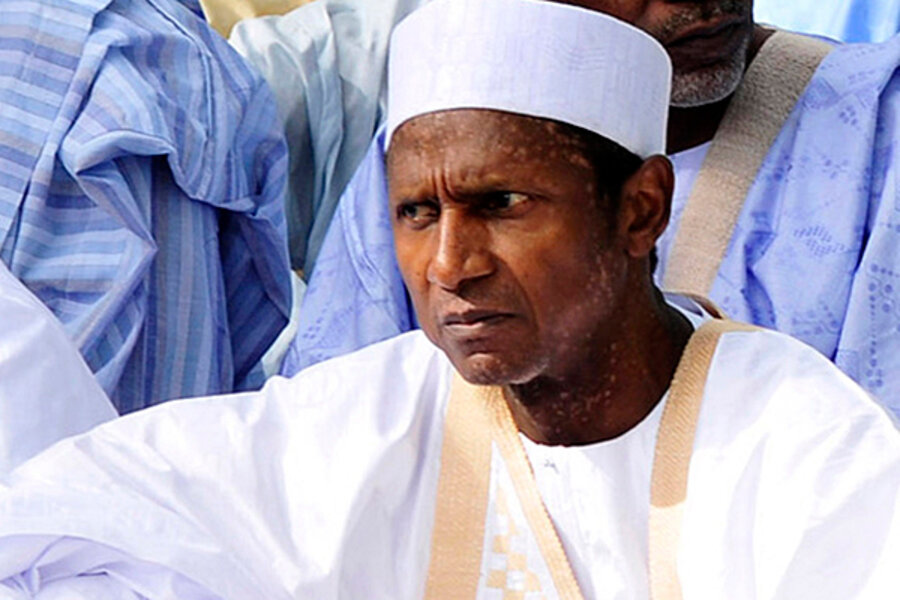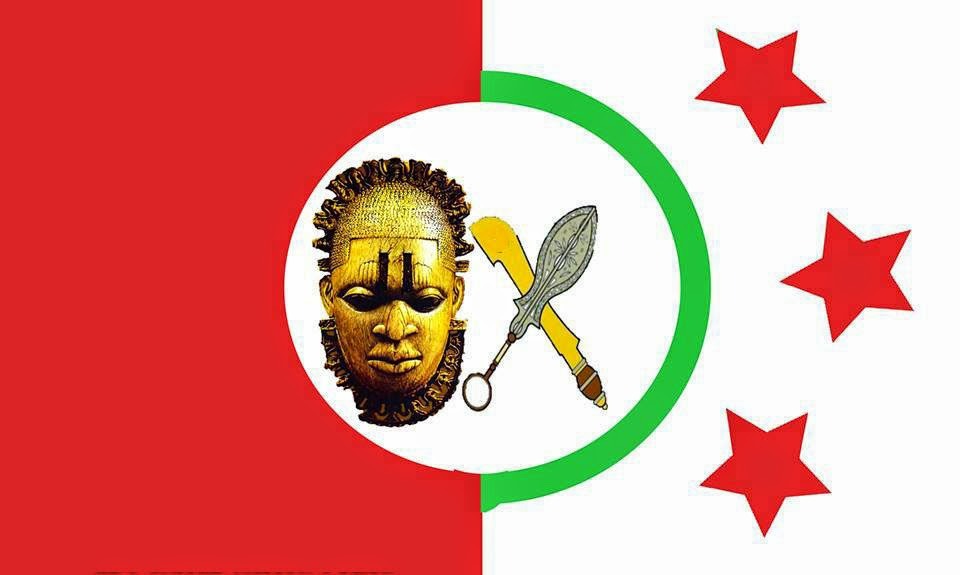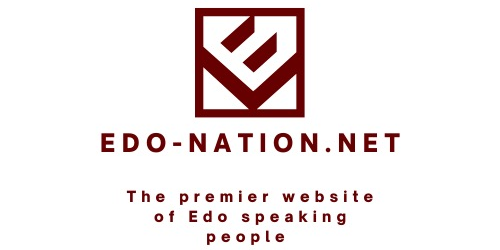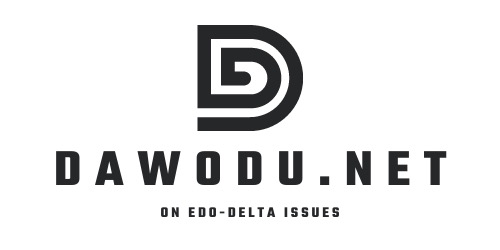For those who like to read such material, there is a huge international industry for military magazines. In Britain for example, there are numerous military interest magazines. They include Army publications like Armourer, British Army Review, Fort Guards Magazine, Honorable Artillery Company Journal, Journal of the Royal Artillery, Journal of the Royal Highland Fusiliers, Journal of the Royal Signals, Pegasus Journal, Royal Corps of Transport Review, Royal Engineers Journal, Royal Military Police Journal, Soldier, and Tank Journal. Naval interest publications include Globe, and Laurel Warship World, while Air Force interest publications include Aeromilitaria, Air Forces Monthly, Air International, Air Pictorial, Aircraft Illustrated, Army Air Corps Journal, Royal Air Force News, and Royal Air Force Yearbook etc. Other general military interest publications include the Army Quarterly and Defence Journal, Journal of the Society for Army Historical Research, Military Historical Society Bulletin, RUSI Journal, and War Studies Journal etc. Then there are numerous other civil based military publications from Janes and the IISS among others.
The history of military magazines in Nigeria is more modest. After the Second World War, the Journal of the Nigeria Regiment was prominent. In the forties and fifties, the Nigeria Public Relations Department published magazines like Spearheads of Victory, Our Regiment, and Our Military Forces. All of these evolved into the Nigerian Military Forces Magazine, then the Royal Nigerian Army Magazine and finally, the Nigerian Army Magazine before the unfortunate events of 1966 and the aftermath.
Many will much easier recall what was known as the SOJA magazine in the seventies and eighties - a thin leaf pamphlet containing a mixed bag of articles and reports, some of high caliber and others of dubious quality. It was primarily targeted at Army readers although some "bloody civilians" like this writer always got to read it. Then it disappeared from publication as the Army concentrated its energies on overt politics and its material benefits.
When the current civilian regime came to office in 1999, one of the first things it did was try to clean out politicized officers from the service. A new slate of officers has emerged at leadership levels. What this impressive new slate of officers is trying to do for the profession has caught my attention.
During a recent trip to Nigeria, I picked up a copy of the October - December 2002 edition of the New SOJA magazine - news bulletin of the Nigerian Army - which was released recently. It costs N200 or $3.00 officially.
The first thing that caught my eye was the quality of the printing. The front and back covers as well as the inside pages are of better gloss and thickness than even the Time and Newsweek magazines can boast of. On the front cover, is a confident picture of Nigeria's Sergeant Josephine Ancha, Africa's first female Army paratrooper, also known as "Amazing Amazon Ancha."
As I turned over the front cover, I was greeted by the goodwill message from the Chief of Army Staff, Lt. Gen. Alexander O. Ogomudia, a highly professional signals officer with a Masters Degree; clearly the most formally educated Army Chief Nigeria has had since independence. The next page features a foreword by the Editor-in-Chief, Colonel Emeka Onwuamegbu ("Emeka"), current Director of Army Public Relations (DAPR), as well as the list of contents of the magazine. Emeka takes pains to emphasize that in the spirit of new civil-military relations, the New SOJA magazine is aimed at both military and civilian audiences and will entertain articles from the public.
The contents of the magazine are well researched, broad and exciting. It is for good reason that the Head of State, President Olusegun Obasanjo, himself a former Army General, sent a letter of commendation to the Directorate of Army Public Relations for this achievement.
Cover stories focus on Sgt. Josephine Ancha, the 2002 Nigerian Army Day celebration, the historic relationship between the Nigerian and Ghanaian armies, Colonel Bitrus Duniya who emerged the best among 61 participants of Course 10 at the National War College in 2002, and a special public relations report about the Nigerian Army in new light.
There are news items on Artillery Exercise Counter Stroke IV which took place at Kachia, Breast-feeding in the Barracks, Military Impersonators, Army Officers's Wives Association activities, Army capability, maternal morbidity and mortality, as well as updates from the Nigerian Defence Academy and the Infantry Center and School.
The New SOJA magazine is sprinkled with opinion pieces and essays on Security Challenges in Democratic Nigeria by Major General DO Enahoro (rtd), Letter to the Unknown Soldier by Ben O, the Army as a Villain or Compatriot by Ben Onwudinjo, the search for water at Dodan Barracks and Bonny Camp by Elijah Okokon, an analysis of Shouting by Brig-Gen MA Efeovbokhan, and Khaki by Colonel BM Monguno.
Then there are the feature articles on Military power as an instrument of democracy by Major IN Ijioma, Mikhail Kalashnikov (designer of the famous AK 47 rifle) by Colonel EE Bassey, ECOMOG Standby Units by Colonel M Dixon Dikio, Barrack rehabilitation by Colonel AA Olaniyi, Peace-Keeping in Sierra Leone by Captain Timothy Antigha, UN medals awarded to Nigerian units in Sierra Leone by Major OB Maduka, Civilian Control of the Military in a Democracy by Lt. Col. Cecil Esekhaigbe, Stress-Free Post-Service Life by Mr. Henry Olayemi, and Professionalising the Nigerian Army by Corporal A Fashina.
Colonel BM Monguno, supported by “wit and wisdom” vignettes provided by Air Commodore Femi Gbadebo and Private Husaini Adamu, provides numerous cartoons and military jokes.
But the magazine wasn't done yet. There was the war-diary of Kingsley Omonobi, a defence correspondent in Rwanda in 1994, and a page dedicated to the passage to the great beyond of soldiers like Major General G Innih, Brig-Gen OO Odunubi, Major Andrew Nwodo, Sgt. Cosomos Anyalebechi, Brig-Gen B Fagbemi, Maj-Gen JN Garba, Lt. Col. Gabriel Wulasha, Col. Victoria Halilu, Brig-Gen Murphy Bozegha, Maj-Gen Charles Ndiomu, Captain PC Ene-Orji and Sergeant Tobi Ezra Garba. Another page is dedicated to the memory of those who died in the C-130 crash at Ejigbo in 1992.
Neatly inserted into the magazine are many high quality advertisements, which, it turns out, provided a huge chunk of the funds that made the magazine possible at a time of government budgetary constraints.
Fascinating!
But who are those behind the impressive New SOJA magazine?
The publisher is, ofcourse, the Chief of Army Staff, Lt. Gen. AO Ogomudia - although there is a disclaimer that views expressed in the magazine are not necessarily those of the Army or the Government. Colonel Emeka Onwuamegbu is the Editor-in-Chief. His Managing Editor is Lt. Col. AC Olukolade. Executive Editors include Col. MD Yusuf, Lt. Col. CS Akinola, Lt. Col. AM Olaniyan, Lt. Col. AA Dabiri and Maj. MM Yerima. Consulting Editors are Taiwo Obe, Chido Nwakanma and Ogbenyi Egbe while Senior Associate Editors include Capt. SK Usman, Capt. KM Samuel and Capt. SW Abba. Staff Writers are Sgt. E. Abara, Sgt. C. Dioh, Sgt. A. Olusanya, Cpl. Jimoh Towoni, Cpl. Sydney Mbaneme, Lcpl Dennis Okosun and Pte Kehinde David. The cartoonist is Colonel BM Monguno, supported by Graphic artists Ade Idowu Aguda and Sam Obaroh.
Colonel Onwuamegbu and the heritage of previous Directors of Army Public Relations
There is no doubt - in my opinion - that the vision, energy, and assertiveness that have transformed the Army Public Relations Directorate in the last one-year is that of Colonel Chukwuemeka Osita Onwuamegbu. For that reason, I shall briefly focus on the biography of this officer whose selection for the job by the Army Chief has proven to be a wise move.
Col. Onwuamegbu was admitted to the Nigerian Defence Academy in 1977. He was commissioned in June 1979 as a regular combatant, first in the Corps of Supply and Transport, but later switched to the Infantry. Like many modern generation Nigerian military officers, he has gone through an impressive array of courses. But the Colonel has some peculiar elements in his background. He is also trained as a Military Helicopter Pilot and is a certified flight instructor (fixed wings). He has Bachelors degrees in Aviation Management and International relations, and Masters degrees in International Business and Public Administration - all acquired in the United States. Just prior to his appointment as Director of Army Public Relations (DAPR), he was a Directing Staff at the Ghana Armed Forces Command and Staff College, Teshie, Ghana.
When it was announced last year that he was to take over the position as DAPR, it struck me as odd that such a position should be offered to a combatant officer without formal training in journalism – although his background in public administration, business and international relations was reassuring. In the US for example, officers appointed as Public Affairs Officers (PAOs) are typically sent to the Defense Information School at Fort Meade for special training as Public Affairs Officers on the doctrine, principles, techniques and applications of military public affairs. Some, but not all, are also sent for Masters degrees in Journalism.
But on further research into the Nigerian situation, I found out that since July 19, 1963, when the first Nigerian DAPR (Major A. Giwa) was appointed, Onwuamegbu is the fifth (5th) combatant officer to hold the position. There have been others before him, including the very first combatant to hold the position, then Brigadier Sotomi, who was a full-fledged short-service combatant officer in the 1st Division during the civil war.
The full historical list of DAPRs is as follows:
Major A. Giwa 1963-72
*Brigadier EF Sotomi 1972-74
Major A. Ukut 1974
Major DO Yebovi 1974-76
Major RO Fashina 1976-79
Major FB Chijuka 1979-80
Lt. Col. RO Fashina 1980-84
Lt. Col. WA Jibunoh 1984-86
Lt. Col. JSC Wilcox 1986-87
Col. FB Chijuka 1987-93
*Lt. Col. GI Ugbo 1993
*Col. OE Okon 1993-94
*Lt. Col. CO Ekpemuaka 1994-95
Lt. Col./Col. FE Chukwuma 1995-2002
*Col. E. Onwuamegbu 2002 -
Those marked with asterisks are (or were) combatant officers. Among former DAPRs, one of the combatants (OE Okon) eventually became a Divisional GOC, as a Major General.
Therefore, it is not unusual for the Nigerian DAPR to be a non-journalist combatant, and there may well be advantages, given the unique insights a combatant officer has into the nuances of military operations. It is also increasingly clear that media relations constitute a crucial element of modern operations. Thus an ideal compromise might be to have a pool of combatant officers who also have formal training in the doctrine, principles, techniques and applications of military public affairs.
One hopes, though, that at some point after his highly successful tour of duty as DAPR, the country will reap the benefits of the previous immense investment in and training of the Colonel as a Military Pilot perhaps when the Army finally gets around to organize its combat aviation wing which has been talked about (but not implemented) for many years.
Concluding remarks
For the New SOJA magazine one hopes it will continue to showcase the best traditions and personnel of the Nigerian Army, grow from strength to strength and come to be named among such publications like SOLDIERS - official magazine of the US Army. One good idea would be to offer a limited version online but restrict access to the complete magazine to those who actually subscribe. In its wake, local military bases should be encouraged to publish newspapers and newsletters for more local audiences focusing on issues of local joint civil and military interest or take up columns in already established civilian newspapers in their areas. The greater the cross-sectional area of civil-military intellectual and literary contact, the better for civil-military relations and professionalism in general - although Nigeria's relatively poor reading culture and the problem of costs of magazines and newspapers is an obstacle.
Lastly, other military publications like Defence Studies, the Journal of the Nigerian Defence Academy should be better marketed to appropriate audiences at home and abroad, online and offline.

